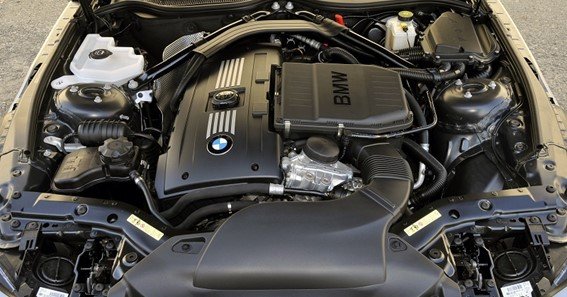For the 2015 BMW 335i with the N55 engine, the manufacturer recommends using 91 octane fuel or higher to ensure optimal performance and protect the engine. While BMW does permit 89 octane as a minimum in specific scenarios, consistently using it may affect performance, fuel efficiency, and increase the risk of engine knock, particularly in hot weather or under heavy loads.
The N55 is a high-compression, turbocharged engine, which makes it more sensitive to lower octane levels. Higher octane fuels like 91 or 93 are less likely to pre-detonate (or cause knocking), providing smoother performance. Although 89 octane will not immediately damage the engine, it can impact the vehicle’s responsiveness, especially under aggressive driving conditions, as the engine’s ECU may need to adjust timing to prevent knock.
Impact on Performance and Efficiency
Using 89 octane could slightly reduce horsepower and fuel economy. Many BMW drivers report better throttle response and smoother operation with 91 or 93 octane, as lower octane levels can limit the engine’s ability to perform optimally. Testing different octane levels and tracking your vehicle’s responsiveness and fuel efficiency can help you decide if 89 octane works adequately for your driving needs.
FAQ
- What is the recommended fuel for a 2015 BMW 335i?
BMW recommends a minimum of 91 octane for optimal performance in the N55 engine, though 89 is the absolute minimum. - Will using 89 octane harm my 335i engine?
Occasionally using 89 octane will not immediately harm the engine, but extended use may increase the risk of engine knock. - Does 89 octane affect fuel economy in the 335i?
Yes, lower octane can lead to slight decreases in fuel economy, as the engine may need to adjust to prevent knocking, reducing efficiency. - Why does BMW recommend higher octane for the N55?
Higher octane fuels provide more resistance to pre-detonation, which is crucial for turbocharged engines like the N55 to maintain performance and prevent knock. - Is 93 octane better than 91 for the N55?
While 93 can offer marginal performance benefits, the difference over 91 is minimal for daily driving. Both options are preferable to 89.
Take a look at this interesting piece professional-who-calls-the-shots-crossword










